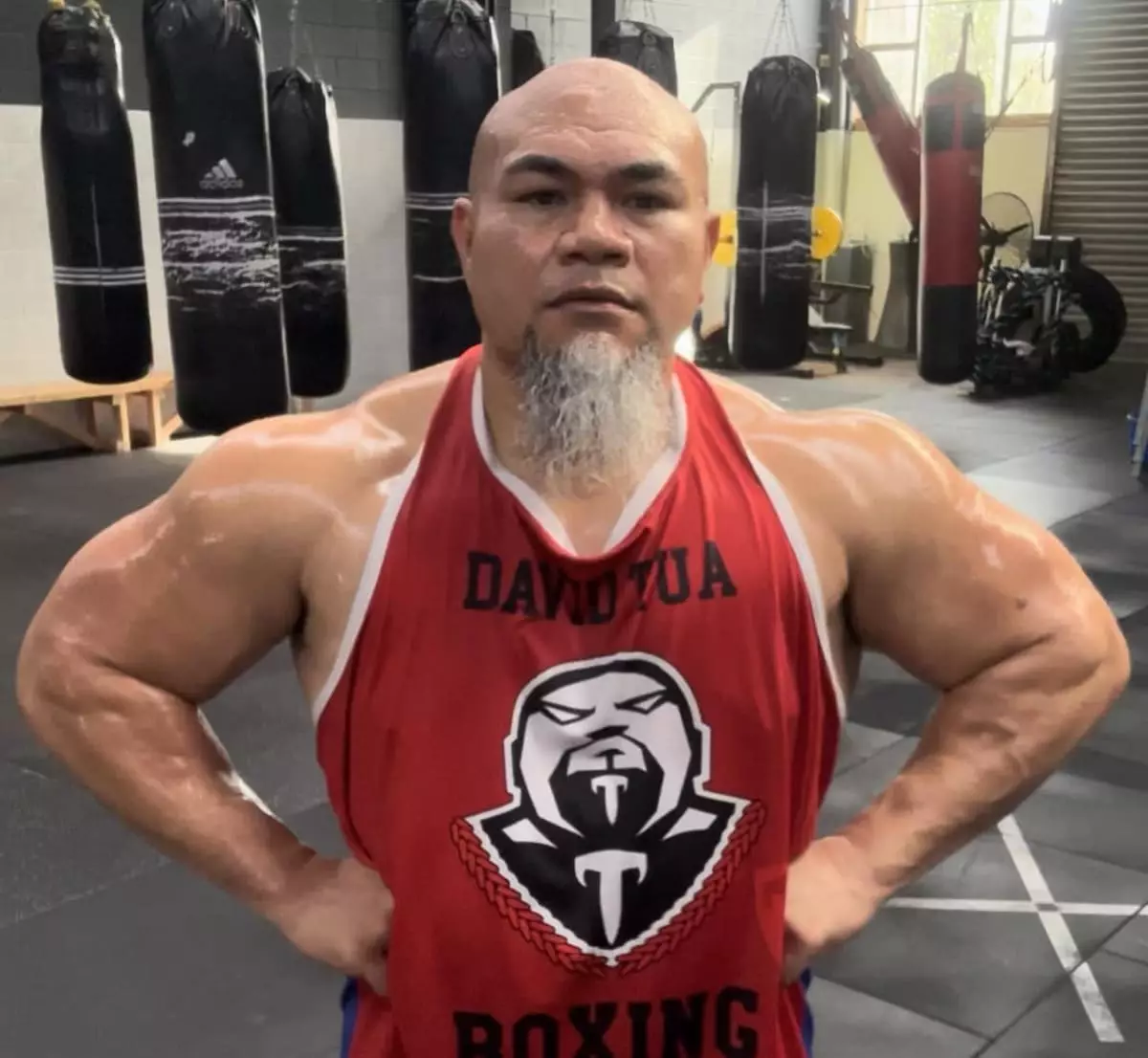David Tua’s name echoes in the halls of boxing history—a name synonymous with power, resilience, and unyielding ambition. In a sport often dominated by narratives of glory and triumph, Tua’s unique journey stands out. His life mirrors the arduous road of many athletes, marked by both breakthroughs and disappointments. Tua’s career transcended the boxing ring, and now, as he prepares for a homecoming event in Samoa, the boxing community takes a moment to recognize his contributions both as an amateur and a professional.
Tua’s early years in Mangere Bridge, Auckland, played a pivotal role in shaping the boxer he would become. At the tender age of 15, Tua clinched the New Zealand national title, a testament to his natural talent and dedication to the sport. Such an achievement is rarely seen at such a young age, establishing him as a prodigy in the boxing circle. The subsequent years not only saw him dominating the amateur ranks but also culminating in a bronze medal win at the 1992 Olympic Games in Barcelona. This accomplishment became a springboard for Tua’s entry into the professional realm, where he would later earn a formidable reputation as a heavyweight powerhouse.
Scheduled for an honorary induction into the Auckland Boxing Association Hall of Fame on October 26th, Tua’s return is a celebration of not just his accomplishments but also an acknowledgment of the myriad individuals who guided his journey. Paul McSharry, chairman of the ABA, heralded Tua as “the best amateur we’ve ever had and the best professional we will probably ever have.” This sentiment reflects a broader consensus in boxing circles: David Tua’s impact on the sport is undeniable.
While his achievements in the ring are numerous—75 wins from 84 amateur fights, with a staggering 60 victories coming by way of stoppage—what stands out is Tua’s connection to his roots. He recognizes the influence of his mentors and the community that nurtured his early career. Reflecting on his upcoming honor, Tua expresses profound gratitude: “It’s a massive surprise. Certainly an honor. I’m grateful, and I think of those who have gone before, those who have paved the way for me to be where I’m at today.” His humility in the face of such recognition underscores an integral part of his character—an athlete committed to honoring his lineage while aspiring toward greatness.
Despite his illustrious amateur resume, Tua’s professional career was a rollercoaster ride. He dazzled audiences with his explosive knockouts, including a chilling stoppage of John Ruiz in 1996, which momentarily propelled him into the spotlight as a leading contender. For fans, Tua was the embodiment of what a heavyweight champion should be—intimidating in stature with fists capable of delivering untold carnage. However, a championship belt eluded him throughout his career, leaving many to ponder how such a naturally gifted boxer could never reach the pinnacle of the sport.
The fact that Tua never held a world title, despite being seen as one of the greatest heavyweights never to win one, is a missing piece in a legacy that otherwise radiates brilliance. Iconic bouts against formidable opponents like Darroll Wilson, Oleg Maskaev, and Hasim Rahman cemented his reputation, but perhaps the most unforgettable contest was the grueling war against Ike Ibeabuchi. While Tua’s record may not boast the crown jewel of a heavyweight title, it is filled with thrilling encounters that have ingrained his name in the hearts of boxing fans.
Outside the ring, Tua presents a contrasting image; known for his genuinely kind demeanor, he has become a fan favorite, beloved not merely for his fists but for his personality. This duality—fierce competitor by nature yet approachable as a person—has endeared him to many and contributed to his lasting popularity within the sport. His struggle both within and outside the ropes is relatable, providing hope that tenacity can prevail even when glory seems just out of reach.
As David Tua prepares to accept his well-deserved honor, it serves as a reminder not only of his contributions to boxing but also of the impact one individual can have—both in the confines of the ring and in the lives of others outside of it. Tua’s journey from a young boxer in New Zealand to an internationally recognized heavyweight will undoubtedly continue to inspire future generations of athletes eager to make their mark in the world of sports.

